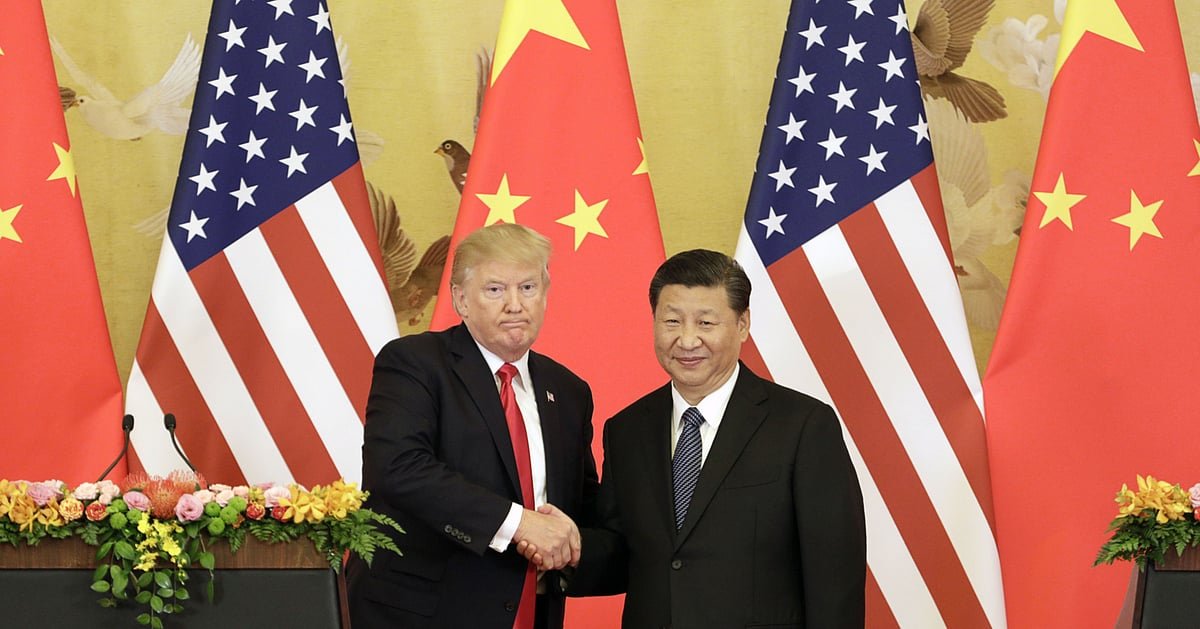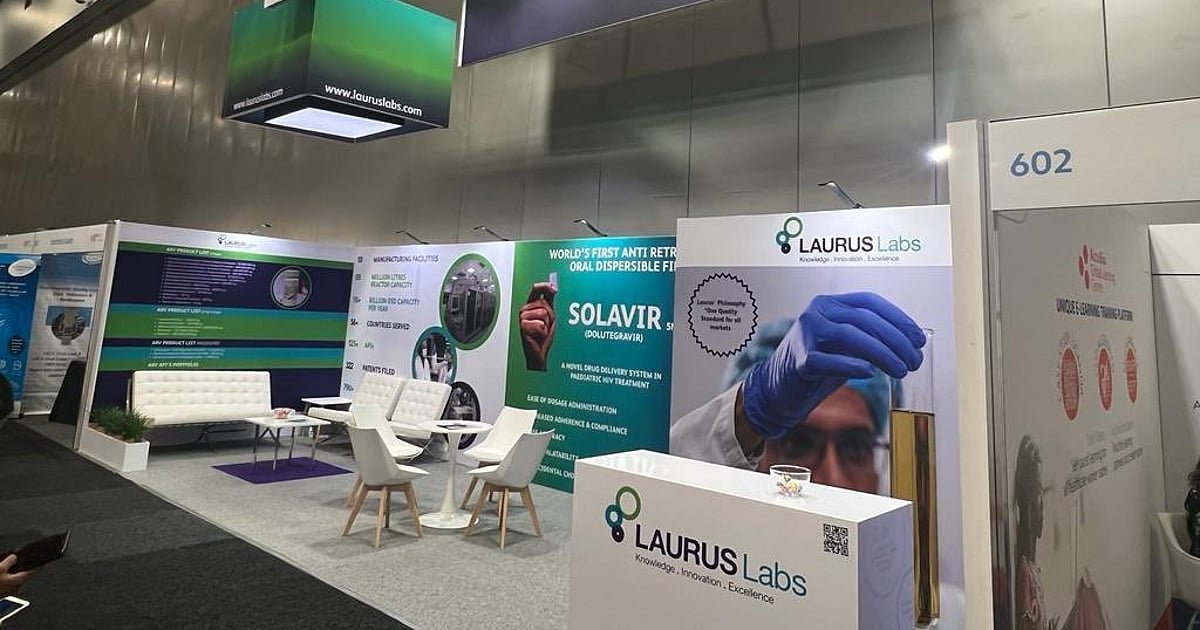Another unknown surrounding the deal includes the price tag attached to one of ByteDance’s most lucrative businesses. TikTok’s US operations have been valued at about $35 billion to $40 billion, though tech valuations have climbed rapidly with the advent of the AI boom.
To buy additional time to complete a sale, Trump this week extended the deadline for ByteDance to divest for another three months to Dec. 16, the fourth such reprieve he’s granted since taking office. Those extensions are on shaky legal ground, as the 2024 law allows for only one.
Earlier this week, news of a tentative agreement drew criticism from Congress, including from members of Trump’s own party who say it fails to abide by the national security law that required ByteDance to divest. Their objections signal that the issue may not be fully resolved on Capitol Hill, though it’s unclear whether lawmakers have a path for blocking the deal.
Since TikTok use exploded in the US early in the pandemic, lawmakers and government officials have raised concerns that China might use the app to gather sensitive information about Americans and push content that divides them. Toward the end of his first term in office, Trump tried, but failed, to force a sale of the app or ban it over these worries.
Lawmakers across the political spectrum this week emphasized the need for a TikTok deal to prohibit any operational relationship between ByteDance and the new US TikTok app, including its algorithm and data. Representative John Moolenaar, the Republican chairman of the House Select Committee on China, said in a post on X that he plans on “discussing these issues with the transaction parties to ensure any deal adheres to the law’s legal requirements.”
Democratic Senator Richard Blumenthal said “Congress should scrutinize this deal to make sure Beijing-based ByteDance cannot be allowed to control or influence TikTok’s recommendation algorithm or user data.” In August, the White House created a TikTok account and Trump said any national security concerns were highly overrated.
It’s unclear how the geopolitical landscape, artificial intelligence race and US-China trade issues might affect the agreed-upon plan between now and the next TikTok deadline in December. This week, China ordered ByteDance and other Chinese firms to stop buying Nvidia Corp. chips that can be repurposed for AI uses after accusing the American company of breaking anti-monopoly laws.



